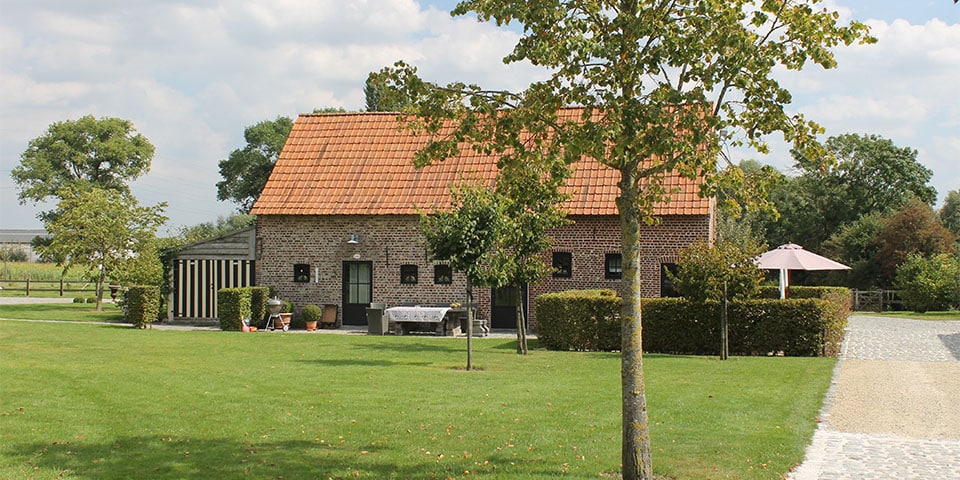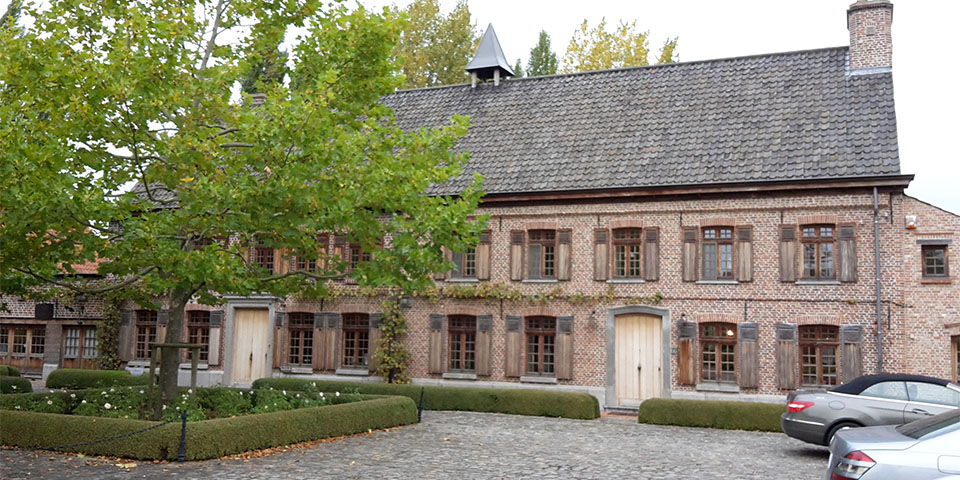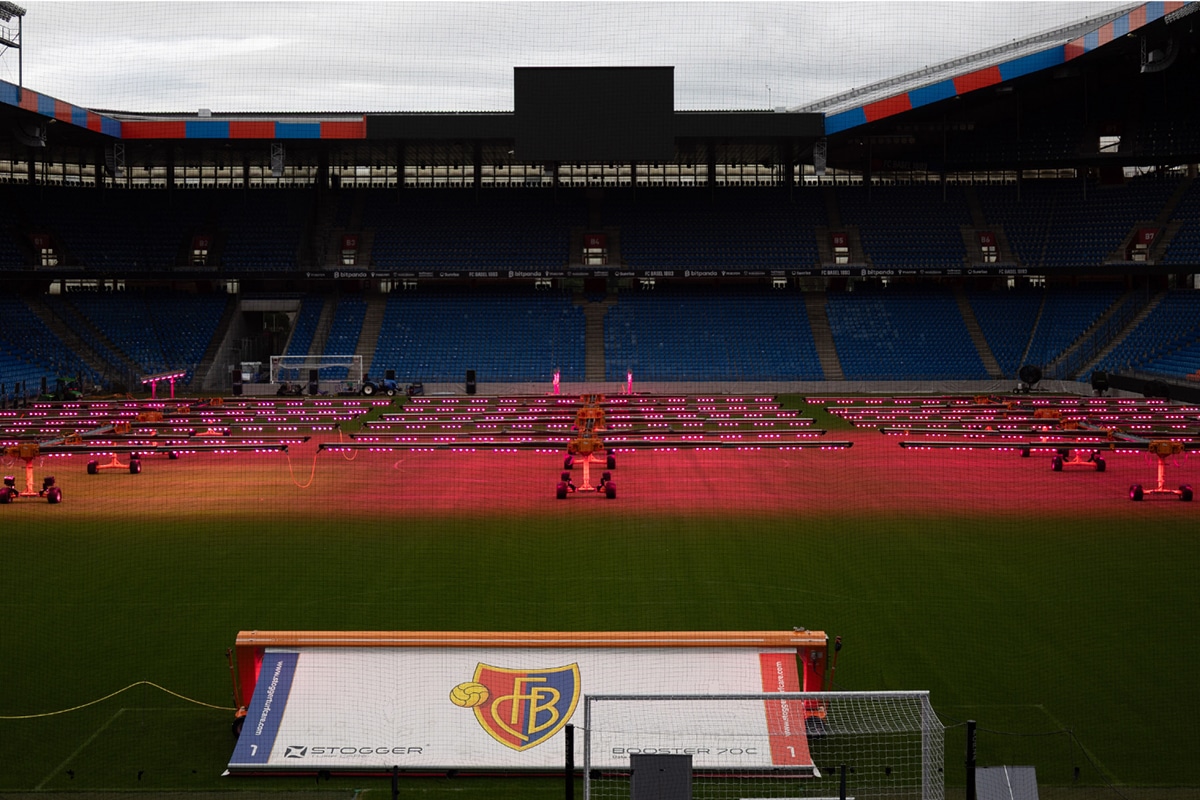
'Zone alien' need not be a drama after all
Vacant farmsteads offer many opportunities
People who like being outdoors often choose the countryside, away from the hustle and bustle, where there is still room to really shape your home and garden. Sometimes the word "zone alien" is heard. What is it? What do you have to watch out for? What permits do you need if you want to run a B&B in an empty farmhouse, for example?
'Right destination'
According to the definition, a property is zoned non-zoned when it is "not zoned according to the applicable plan. Those applicable plans are regional plans, the general or special plans of construction, or the spatial implementation plans drawn up by the government. These divide the Flemish territory into residential areas, agricultural areas, industrial areas, recreational areas, and so on. However, there are many refinements of these main areas, and region-specific nuances.
Although the first classification in regional plans dates back to 1972, even then there were historical situations that suddenly placed businesses, for example, in residential areas and homes in agricultural areas. In other words, they became zoned.

The timeless charm of an old facade.
No longer automatic
It is possible to live in an agricultural area as a non-agricultural main occupation if the buildings are properly licensed. However, if you wish to expand, convert, rebuild or change the function of a building, this must be done in accordance with the conditions set out in the 'zoning law'. It is therefore advisable to inform yourself well in advance if you have plans for zoning.
The possible new functions for agricultural buildings are listed in the Zoning Ordinance. There are possibilities towards office function, storage function and rural tourism, but also special applications for heritage buildings. A common application is to change the function of farm buildings (agriculture) to a residential function in order to then be able to apply the zone alienation legislation.
It used to be common practice that when a farmstead was disaffected by the cessation of agricultural activity, the zoning laws were automatically used, without a change of function. Recently, strict action has been taken against this. Based on circular RO 2017/01, the zone alienation function change to private use must be requested before the zone alienation legislation can be used. With this permit requirement, the government wants to create the possibility to judge whether the function change is permissible for the site. This in order to preserve empty farmsteads that still have a use value for agriculture and horticulture as much as possible for the agricultural sector, as well as to check good spatial planning. An effort is also being made to reduce as much as possible both the zone-foreign use and the additional land take and degree of surfacing. The permit requirement for this zone-foreign function change is given extra attention in view of the Flanders Spatial Policy Plan, also known as the "concrete stop".
Widening
In order to allow desirable zoning activities in a legally anchored way (temporarily), the draft Instrument Decree was approved at the end of 2019. One of the tools included in it is the application of activity covenants and contracts.
The purpose of this tool is to temporarily allow small-scale and non-agricultural economic activities that do not fall within the function change decision, although the planning destination can still be preserved. For example: a multifamily dwelling or a hair salon in an agricultural area.
The scheme is conceived as follows: first, there must be a covenant between the municipality and the Flemish Region, in which the policy framework (the minimum requirements, area of operation... ) is written down. Then the citizen can enter into a contract with the municipality in which concrete agreements are made, this within the framework of the applicable covenant. The contract with the municipality can last up to 10 years. To be eligible for an activity contract, the building or building complex in which the activity is to be conducted must effectively exist, not be dilapidated and be primarily licensed. In addition, the structure must be located on an adequately equipped road and be structurally suitable for the new activity.
A vacant farmstead in an agricultural area therefore offers many possibilities, both now and in the future, for functions other than agriculture, temporary or otherwise. The possibilities apply to existing buildings and are diverse, so it is advisable to first of all list your wishes and needs, or those of your client, before demolishing buildings. Therefore, be sure to discuss your plans with an expert so that they can be tested against the legal possibilities.
Questions? Contact a DLV advisor at info@dlv.be or by calling the toll-free number 0800 90 910.




